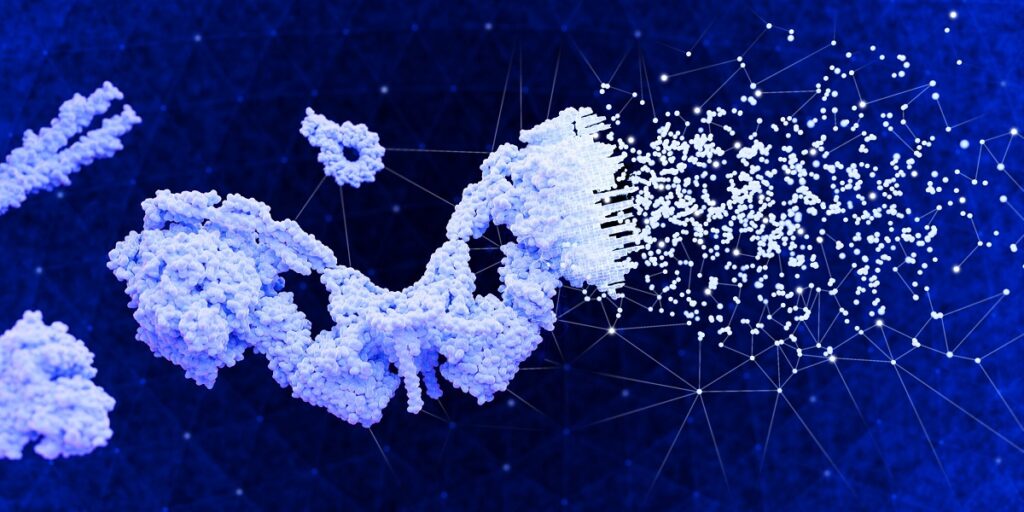- Web Desk
- Feb 16, 2026
New AI tool outperforms others in predicting protein functions
-

- Web Desk
- Aug 04, 2024

LOS ANGELES: A new artificial intelligence (AI) tool “PhiGnet” outperformed existing methods and advanced tools in predicting protein functions in a new study.
Understanding protein functions is important for scientific research and medical advancements. PhiGnet made notable progress in this area.
Read more: New study shows giant planets form faster than expected
The study revealed that PhiGnet achieved higher accuracy in predicting various protein functions compared to traditional and contemporary methods. It excelled in forecasting different types of protein roles, including their involvement in biological processes and their cellular locations.
A key factor behind PhiGnet’s success is its use of evolutionary data. By analysing how proteins have evolved, PhiGnet improves its predictions about the functions of different protein regions. This approach allows it to make more precise predictions, particularly for proteins whose functions are not fully understood yet.
The implications of PhiGnet’s performance are substantial. It offers potential improvements in drug development by identifying new drug targets and providing insights into drug mechanisms. It will also help advance our understanding of cellular proteins, which is important for both, fundamental research and clinical applications.
Read more: Study finds tropical Andes glaciers at record low
In comparative tests, PhiGnet outperformed other protein function prediction tools, including BLAST, FunFams, and DeepGO. Its advanced AI capabilities allowed it to analyse protein data with greater precision than previous methods.




